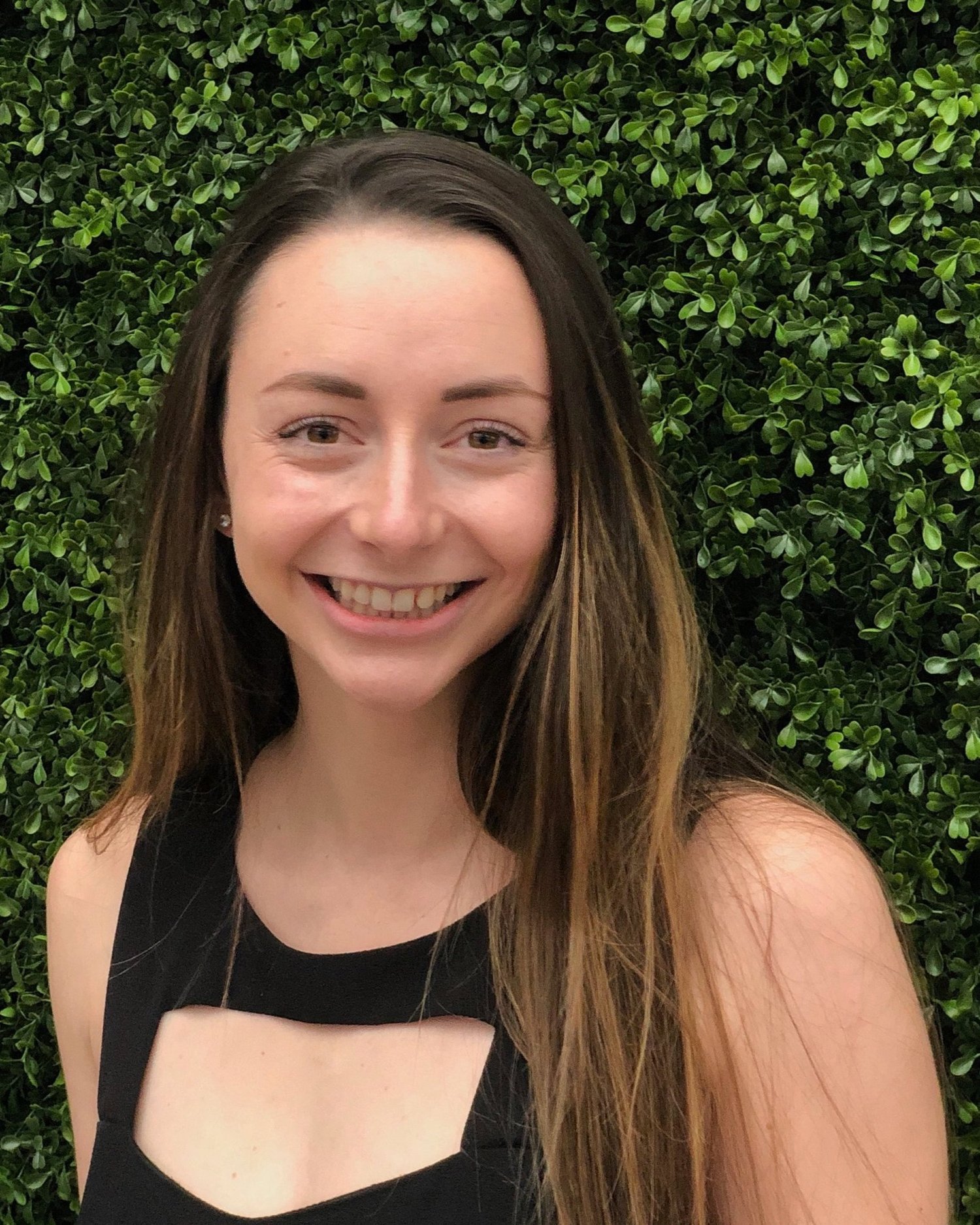What Is A Systems Therapist? Q&A with ECC Intern Therapist Riley Brennan
“I don’t believe in anything being a ‘personal problem,’” says Riley Brennan, our current graduate intern therapist who is completing her Master’s in Couple and Family Therapy at Adler University. In her Q&A on our blog today, Riley shares what it means to be a systems therapist: someone who works with clients to consider the system influences that impact their mental health, from family and friends, to workplace dynamics, religion, and politics. Keep reading to find out why she finds this framework helpful for connecting with clients.
Riley BRennan, MA, BA
Graduate Intern Therapist
What inspired you to become a therapist?
My path to becoming a therapist was perhaps a bit untraditional. I have previously worked jobs in sexual violence prevention and response, sex education, and childcare. In their own way, each of these opportunities helped me consider ways to support people navigating the difficult situations and conversations of life, and they all led to being a couples and family therapist!
If there’s one thing you could say to a person thinking about starting therapy for the first time, what would it be?
Welcome! You’re not too old or too young, too early or too late, too independent or too needy, too stubborn or too weak to be here; you’re right on time and exactly where you need to be. This is your journey, and you’ll get as much as you give.
You describe yourself as a systems therapist – can you talk more about what that means and why you find it helpful as a therapist?
I don’t believe in anything being a “personal problem.” As a systemic-trained therapist, I look for the ways people have been influenced by and have influenced other aspects of their lives such as family, friends, coworkers, religions, politics, etc. We learn our behaviors and values from the things around us, so to truly understand a problem and work to change it, we have to be willing to look at the family/social/world systems we are part of.
This approach is helpful because it can free you from the responsibility and shame of being or having a problem; it’s not all you! We can all take responsibility for problems and we can all work together to make them better. This provides opportunities for real, lasting change.
You mention in your bio that you’re especially interested in working with teens and parents of children, can you talk more about why?
Teens are an overlooked population for therapy. Not enough therapists are willing to work with them, likely because they are developmentally not quite independent but still able to make choices for themselves that can have a major impact on the rest of their lives. Teens experience a lot of change, big emotions, and opportunities, and they deserve a judgment-free, supportive place to talk about their lives. As a former “troubled teen” myself, I don’t scare easily, and I know there can be a light at the end of the tunnel.
Parents are often unsupported in our society. People are still expected to have kids without necessarily knowing what parenting is like! Research and theories (and social media) on parenting practices have transformed popular opinion on the best ways to parent, making navigating challenging behaviors all the more confusing. Parents deserve informed resources to learn and explore what is best for their own families, and I am excited to be part of that support system.
What are the books or other resources that you recommend most to clients?
Oh goodness. I read a lot, so I love to talk about books. I recommend Like a Mother by Angela Garbes and Expecting Better by Emily Osters for prospective or expecting parents. Equal Partners by Kate Mangino is excellent for unpacking the balance of labor in domestic relationships. The Ethical Slut by Dossie Easton and Janet Hardy is life-changing for exploring relationship configurations and perspectives on love. Finally, The Rabbit Listened by Cori Doerrfeld is wonderful for children (and adults) facing big emotions, and Bodies are Cool by Tyler Feder is beautiful for children (and adults) to learn about body diversity.
What are you reading / watching / listening to right now?
I’ve been listening to the Off Menu podcast in which comedians talk about their dream meal. It’s funny and lighthearted, so it’s great for unwinding. I listen to Paris Paloma’s feminist indie music on repeat. I have been reading romance (mostly fantasy romance) like my life depends on it for the past year, and I am simply obsessed.

